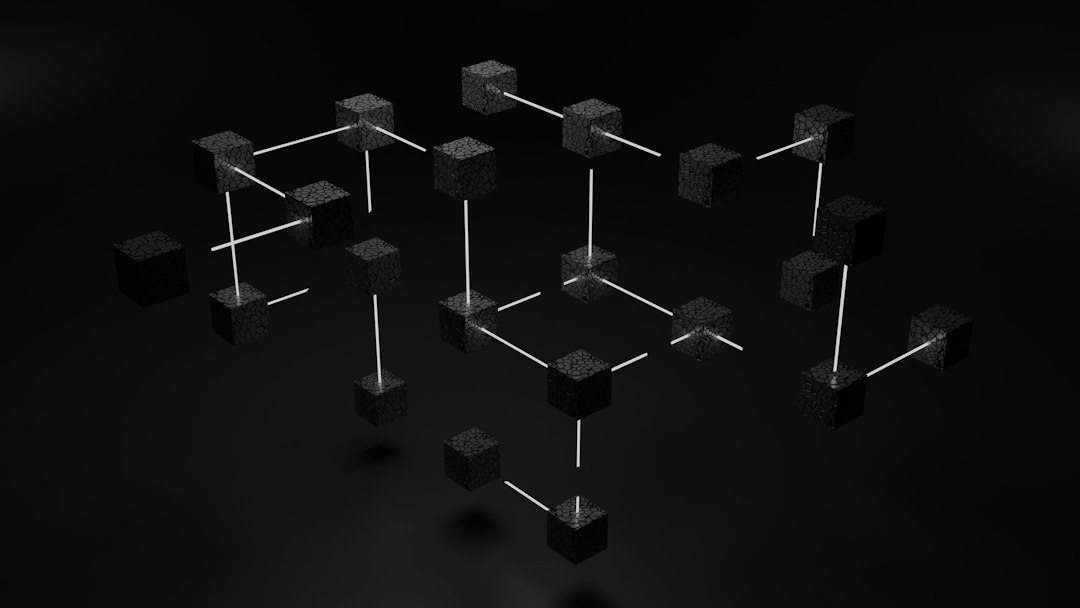Ethereum Block Producer to Censor OFAC-Sanctioned Blocks
One of the largest producers of censorship-resistant blocks on Ethereum has announced that it will start censoring OFAC-sanctioned blocks across all of its MEV relays in compliance with local laws. BloXroute Labs, which has produced hundreds of thousands of Ethereum blocks, made this policy change in response to the United States Office of Foreign Asset Control (OFAC) sanctions. An “OFAC transaction” is any transaction that interacts with a wallet sanctioned by OFAC. While bloXroute Labs aims to keep Ethereum decentralized and permissionless, some members of the Ethereum community are concerned that stricter compliance measures could limit neutrality on the platform.
Concerns Over Censorship and Compliance
Lachlan Feeney, CEO of Labry, expressed concern over the precedent set by this decision. He believes that censorship should be avoided at the protocol level and instead applied at the application level. Feeney also worries that more countries will enforce their own sanctions, making it difficult to construct blocks that comply with all regulatory regimes globally. The possibility of China or Russia sanctioning transactions raises questions about applying these sanctions to legitimate U.S. businesses.
MEV Relays and Censorship on Ethereum
About 36% of blocks on Ethereum currently contain OFAC-sanctioned transactions and are censored as a result. MEV relays are used to extract value from a blockchain network by manipulating transactions in a block. As MEV profits can harm ordinary users, MEV-Boost relays were introduced to mitigate this issue. The transition to proof-of-stake on Ethereum and the introduction of OFAC sanctions have forced many MEV relays to choose between maintaining neutrality and complying with local laws.
Hot Take: Ethereum’s Struggle with Neutrality and Compliance
The recent decision by bloXroute Labs to censor OFAC-sanctioned blocks raises concerns about the balance between neutrality and compliance on the Ethereum network. While compliance with local laws is necessary, it may lead to restrictions on censorship-resistant blocks and limit the decentralization of the platform. As more countries enforce their own sanctions, Ethereum may face challenges in constructing blocks that comply with various regulatory regimes. Finding a solution that allows for both compliance and a truly open and decentralized network will be crucial for the future of Ethereum.
Coinan Porter stands as a notable crypto analyst, accomplished researcher, and adept editor, carving a significant niche in the realm of cryptocurrency. As a skilled crypto analyst and researcher, Coinan’s insights delve deep into the intricacies of digital assets, resonating with a wide audience. His analytical prowess is complemented by his editorial finesse, allowing him to transform complex crypto information into digestible formats.

